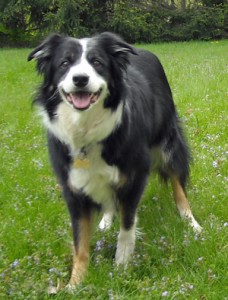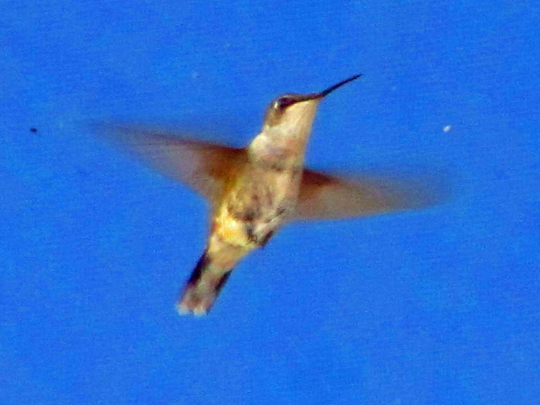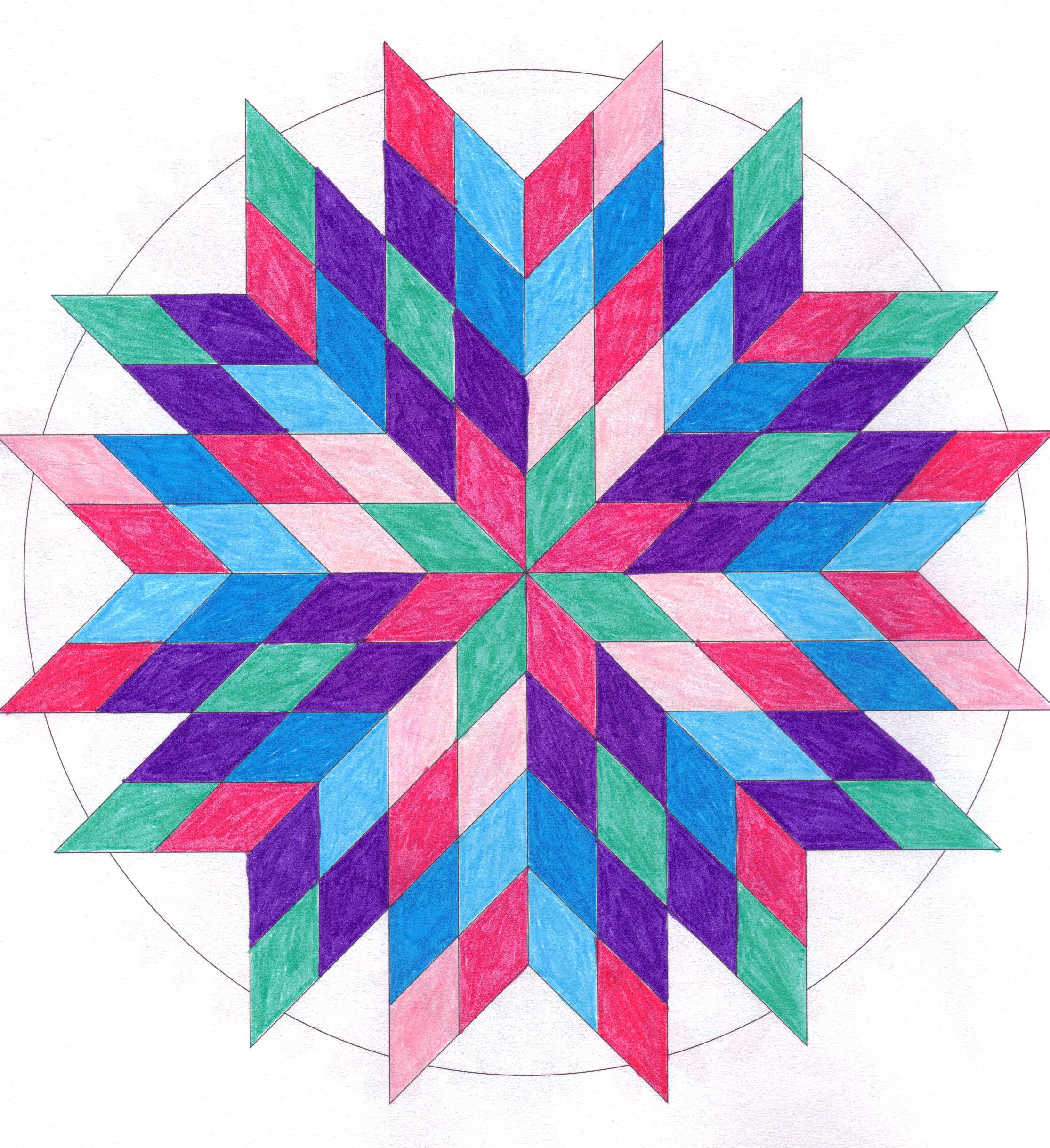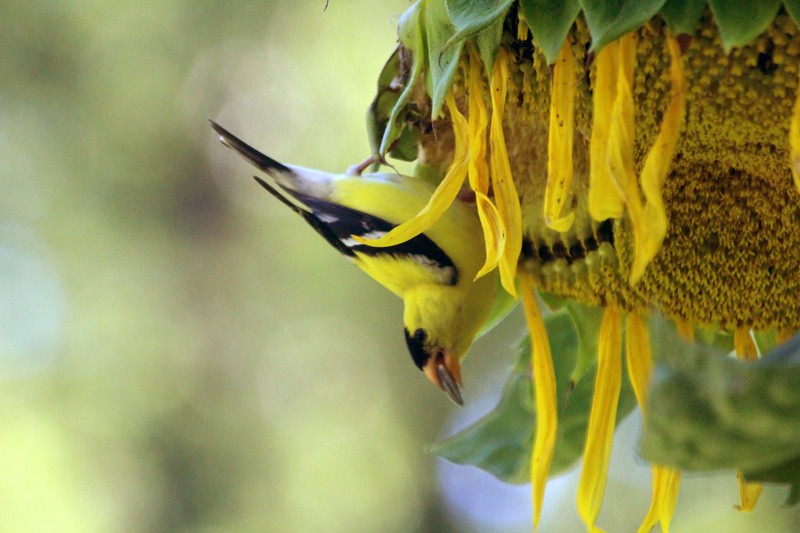In praise of border collies
 I’ve grown up with border collies. We’ve owned a total of 5 of them over the years since I was a very young child. My children have caught my enthusiasm, and along with caring for our own dog we’ve enjoyed the imaginative enrichment of Kim Lewis’s beautiful books for children, and David Kennard’s Mist, filmed on the Devon coast and narrated by Derek Jacobi.
I’ve grown up with border collies. We’ve owned a total of 5 of them over the years since I was a very young child. My children have caught my enthusiasm, and along with caring for our own dog we’ve enjoyed the imaginative enrichment of Kim Lewis’s beautiful books for children, and David Kennard’s Mist, filmed on the Devon coast and narrated by Derek Jacobi.
For us they’ve been pets, not working dogs, and wonderful companions indeed. But if you’ve ever seen a sheepdog trial, you’ve seen this breed at its stellar best. They’re bred to herd, and they’re happiest when working. This poem by C. Day Lewis is a meaningful reflection on these unique dogs in action, and concludes with a comparison between the work of a border collie and the work of a writer:
Sheepdog Trials in Hyde Park
A shepherd stands at one end of the arena.
Five sheep are unpenned at the other. His dog runs out
In a curve to behind them, fetches them straight to the shepherd,
Then drives the flock round a triangular course
Through a couple of gates and back to his master: two
Must be sorted there from the flock, then all five penned.
Gathering, driving away, shedding and penning
Are the plain words for the miraculous game.An abstract game. What can the sheepdog make of such
Simplified terrain? — no hills, dales, bogs, walls, tracks,
Only a quarter-mile plain of grass, dumb crowds
Like crowds on hoardings around it, and behind them
Traffic or mounds of lovers and children playing.
Well, the dog is no landscape-fancier: his whole concern
Is with his master’s whistle, and of course
With the flock — sheep are sheep anywhere for him.The sheep are the chanciest element. Why, for instance,
Go through this gate when there’s on either side of it
No wall or hedge but huge and viable space?
Why not eat the grass instead of being pushed around it?
Like a blob of quicksilver on a tilting board
The flock erratically runs, dithers, breaks up,
Is reassembled: their ruling idea is the dog,
And behind the dog, though they know it not yet, is a shepherd.The shepherd knows that time is of the essence
But haste calamitous. Between dog and sheep
There is always an ideal distance, a perfect angle;
But these are constantly varying, so the man
Should anticipate each move through the dog, his medium.
The shepherd is the brain behind the dog’s brain,
But his control of dog, like dog’s of sheep,
Is never absolute — that’s the beauty of it.For beautiful it is. The guided missiles,
The black-and-white angels follow each quirk and jink of
The evasive sheep, play grandmother’s-steps behind them,
Freeze to the ground, or leap to head off a straggler
Almost before it knows that it wants to stray,
As if radar-controlled. But they are not machines –
You can feel them feeling mastery, doubt, chagrin:
Machines don’t frolic when their job is done.What’s needfully done in the solitude of sheep-runs –
Those rough, real tasks become this stylised game,
A demonstration of intuitive wit
Kept natural by the saving grace of error.
To lift, to fetch, to drive, to shed, to pen
Are acts I recognise, with all they mean
Of shepherding the unruly, for a kind of
Controlled woolgathering is my work too.


